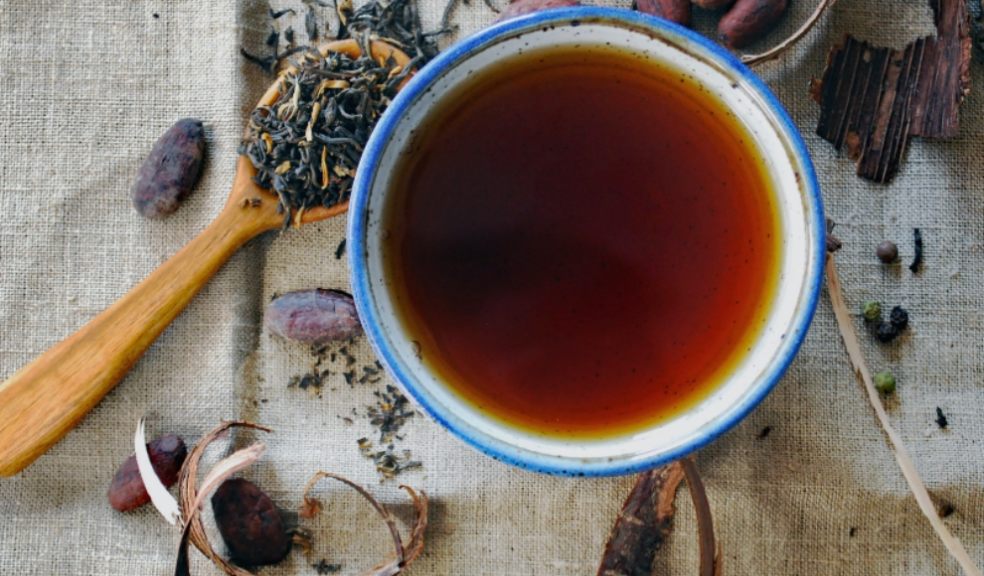
Just two cups of tea daily can improve sleep and cut stress
|

|
Become a part of the Lifestyle Daily social network & join us on X, Facebook and Instagram or contact us directly at team@lifestyledaily.co.uk.
Submit your own content. Here is how to contribute.
A unique website dedicated to health, beauty, fashion and home making which also allows you to upload content for free!